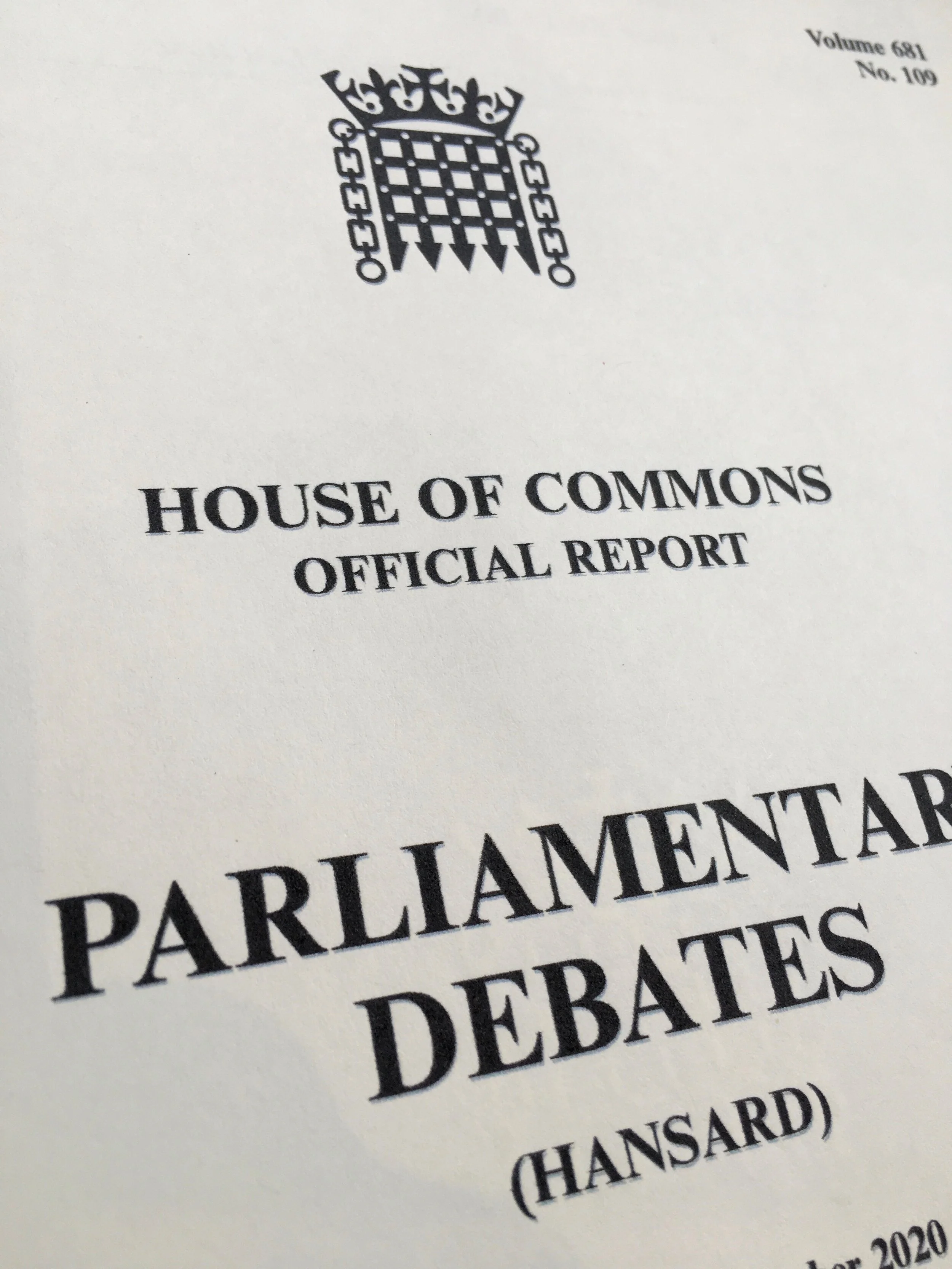The All-Party Parliamentary Group on Immigration Law and Policy held its first meeting this week. It considered the government’s policy of No Recourse to Public Funds (NRPF).
The group - which was formed last month - is undertaking a year long inquiry into reviewing the compliant environment. This followed the publication of the Home Office’s ‘Comprehensive Improvement Plan’.
During the meeting the audience heard from Ramona, who herself had the NRPF condition attached to her visa for seven years. It was lifted one month into the pandemic. She described the policy as “unfair” and said it had forced her family into destitution.
NRPF condition denies people who are “subject to immigration control” access to social housing and most welfare benefits, including Universal Credit, child tax credits and child benefit, as well as support that is tied to benefits, such as free school meals. It affects undocumented migrants and most migrants granted limited leave to remain in the UK.
The meeting also heard from Caz Hattam, from the Unity Project, and Abi Brunswick, from Project 17. Both organisations have campaigned against NRPF and called for it to be scrapped. It was Project 17 that challenged the Home Office's policy of imposing the NRPF condition on migrants who are on the 10-year family/private life route to settlement. At a hearing in the High Court in May, the Judges ruled the policy of NRPF as being unlawful stating that the policy breached Article 3 of the European Convention on Human Rights, which prohibits inhuman and degrading treatment.
Amanda Weston QC who intervened in the case also addressed the meeting. She called on MPs to take a closer look at the impact policies like NRPF have on migrants.
Speaking afterwards, Stephen, who chairs the All-Party Group said: “I am pleased our group has had a chance to consider this issue today.
“I have long called for the No Recourse to Public Funds immigration condition to be suspended for the pandemic. Some 3 million extra people have had to claim universal credit this year, but families working legally, with no recourse to public funds on their immigration status, do not have that safety net. This is not right, and it must change.”









